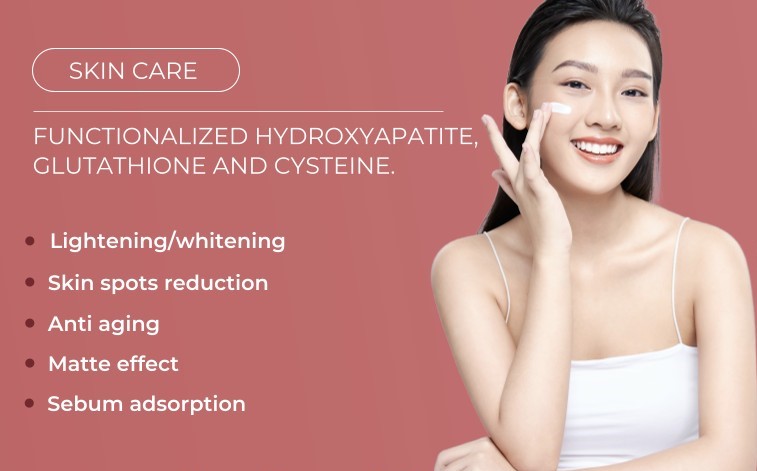What is glutathione?
Glutathione (also known as glutathione, Glutathione), or GSH for short, is a small protein composed of three amino acids: glutenamine, cystamine, and glycine.
Glutathione is an important element that is naturally present in our bodies, regulating physiological functions and achieving beauty functions, because glutathione works synergically with vitamins C and E to amplify the antioxidant effect.
However, with age, stress and other factors, glutathione will gradually be lost. Therefore, more and more people are beginning to pay attention and take glutathione from food, as well as taking glutathione health products.
The study of selectively harming or killing cancer cells while limiting the damage to normal cells has been a cornerstone of cancer treatment research. If the tumor has not spread or is regular, it can be removed surgically. china glutathione manufacturers
Chemotherapy is a controlled poisoning of a patient, based on the idea that rapidly spreading cancer cells are more sensitive to toxins than normal cells. Unfortunately, many effective chemotherapy drugs can have adverse side effects.
Radiotherapy works in a similar way. Radiate the cancerous area. In theory, tumours are more sensitive to radiation than surrounding healthy tissue. There are also potential side effects for patients.
Giving cancer patients pre-treatment or accompanying therapy before chemoradiotherapy enhances the selective toxicity of chemotherapy/radiotherapy to tumor cells while protecting healthy cells from damage, which is a new research highlight of standard cancer treatment. Glutathione (GSH), a naturally occurring tripeptide in the human body, has been increasingly studied for these roles.
GSH plays an important role in normal cell physiology

Including antioxidant regulation, detoxification, protein synthesis and repair, immune regulation, and REDOX signaling regulation. To find an effective method of regulating GSH in oncology, that is, increasing GSH level and decreasing GSH level.
1. GSH regulates cancer cells and healthy cells
Most studies have revealed a paradox: cancer cells have high levels of glutathione, but the normal cells of cancer patients have low levels of glutathione compared to healthy people.
Low levels of GSH are associated with a person’s chances of developing cancer, and the total amount of GSH is lower in people with advanced cancer.
More importantly, increasing the GSH content of normal cells can help the body resist the damage caused by radiotherapy and chemotherapy, while helping to improve immune function and reduce muscle loss.
Experimental evidence suggests that levels of GSH synthesis affect both normal and cancer cell damage to chemical toxins or radiation.
High GSH levels help protect cells from the adverse effects of chemotherapy.
Ideally, cancer patients have high GSH levels in normal cells and low GSH levels in cancer cells. But unfortunately, most cancer cells in cancer patients have higher levels of GSH than normal cells.
Cancer is a special case, in general, the amount of GSH in human cells is strictly regulated by the body. Normal GSH regulatory mechanisms are lacking in cancer cells.
Some researchers have tried to reduce the amount of GSH in cancer cells by using drugs that consume GSH.
However, the drug also reduces the content of GSH in normal cells at the same time, which further worsens the side effects caused by chemoradiotherapy, so this method is not suitable for promotion.
Curiously, increasing the levels of GSH precursors in normal cells actually decreased the levels of GSH in cancer cells.
When a vector substance, such as glutamylcysteine, is present, the amount of GSH in cancer cells decreases.
This negative feedback mechanism makes the cancerous tissue more vulnerable to destruction, while normal cells, due to normal GSH metabolism, have a better protection mechanism.
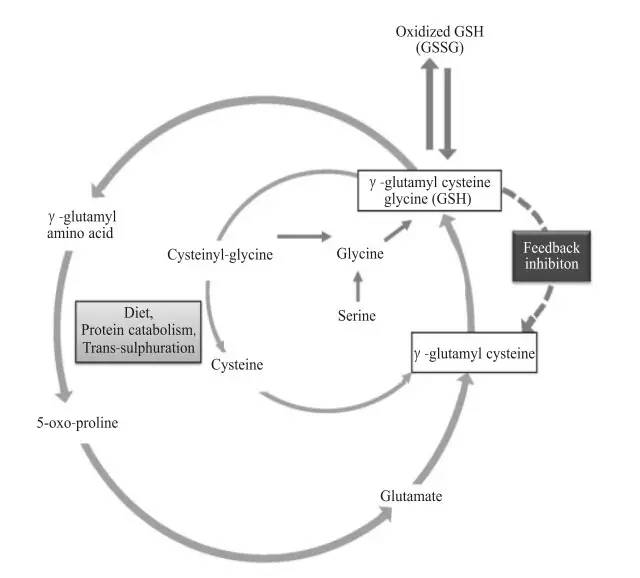
2. Clinical trials
When human lung cancer cells were supplemented with OTZ (dioxythiazine-4-carboxylic acid), a drug that boosts GSH levels, GSH levels in cancer cells did not increase, while GSH levels in normal cells surrounding cancer cells increased.
McGill University researchers Sylvain Baruchel, Gerry Batist and their team built on this and found that OTZ depletes the GSH content of breast cancer cells while increasing the GSH content of normal cells.
Another study, led by Dr. Gustavo Bounous of McGill University, found similar results using a whey protein isolate containing a specific GSH precursor.
This was followed by a study of patients with metastatic cancer, who were given this special whey protein isolate for six months.
The results suggested that although the cancer was not cured, there was significant tumor regression or stabilization, or normalization of hemoglobin and white blood cell counts.
The same study also suggests that elevated GSH levels may enhance the efficacy of certain chemotherapy drugs.
In another study led by a Canadian team, giving patients with advanced cancer the chemotherapy drug acetaminophen and the drug NAC (n-acetylcysteine), which selectively boosts GSH levels in normal and cancer cells, showed that more than half of the patients improved or stabilized their disease.
Effects of nutritional proteins on chemical-induced cancer in animals.
In similar experiments in Canada and Australia, the researchers gave rodents dimethylhydrazine, a potent carcinogen linked to colon cancer, and fed them a variety of proteins.
The results showed that animals fed undenatured whey protein concentrate had higher GSH levels, fewer tumors, and less tumor impact on the host.
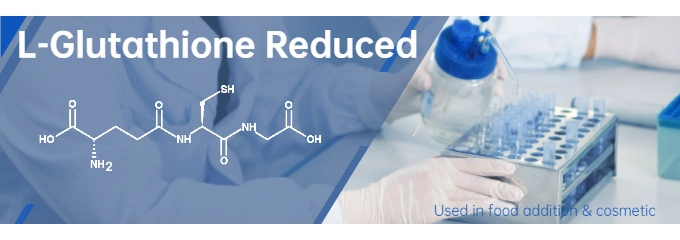
3. Glutathione, cancer and aging
It is well known that cancer incidence and mortality increase with age.
Some specific cancers considered diseases of aging, most notably prostate cancer.
Specific changes in immune responses and biochemical defense mechanisms (such as antioxidant capacity) in older individuals predispose them to cancer.
The protective effect of GSH decreased with age.
People over 65 years of age may lose 20% to 40% of their GSH. This has incorporated into several theories of cancer in the older people.
Normal androgen levels in older men reduce GSH levels in prostate tissue.
These androgens act like oxidative stress, disrupting the oxidation-antioxidant balance within the prostate tissue. This has suggested as a possible mechanism for the development of prostate cancer.
4, improve the body’s tolerance of radiotherapy and chemotherapy
Drugs that boost GSH levels have used alongside chemotherapy for decades. Gynecologic oncologists at the University of California are injecting patients with the chemotherapy drug cisplatin intravenously, along with GSH.

A larger study at the West End General Hospital in Edinburgh, UK, in which more than 150 ovarian cancer patients treated with cisplatin and intravenous GSH, monitored side effects, quality of life and treatment effectiveness.
The control group received the same chemotherapy drugs and did not receive GSH injections.
The results showed that patients who received intravenous GSH had statistically significant improvements in depression, vomiting, hair loss, shortness of breath, concentration, and neurotoxicity, as well as statistically significant improvements in laboratory values measuring kidney function.
The effect of chemotherapy also significantly improved.
Hair loss from chemotherapy is not a life-threatening side effect, but it can be extremely painful for patients.
Baldness is a sign that chemotherapy is a marker of damage to other high-turnover cells, such as those in the intestines.
Jimenez, a researcher at the University of Miami, and others found that NAC (n-acetylcysteine) protects cancer patients from hair loss caused by common chemotherapy drugs such as cyclophosphamide.
Existing evidence has shown that increasing GSH levels can improve efficacy or tolerance of certain chemotherapy agents, such as doxorubicin, cyclophosphamide, and cisplatin.
It is necessary to develop a complete program of drug resistance mechanism of cancer therapy, only in this way can it widely promoted in cancer therapy to improve patients’ tolerance to radiotherapy and chemotherapy by increasing GSH content.
Radiation therapists who have studied GSH’s cell-protecting abilities have linked pretreatment of patients with higher doses of GSH to lower rates of radiation burns.
That is, pre-treatment or concurrent treatment increases the body’s GSH content, so that patients show better treatment tolerance.
5. Malnutrition or wasting
Antitumor therapy often associated with cachexia, anorexia, fatigue, and decreased muscle strength.
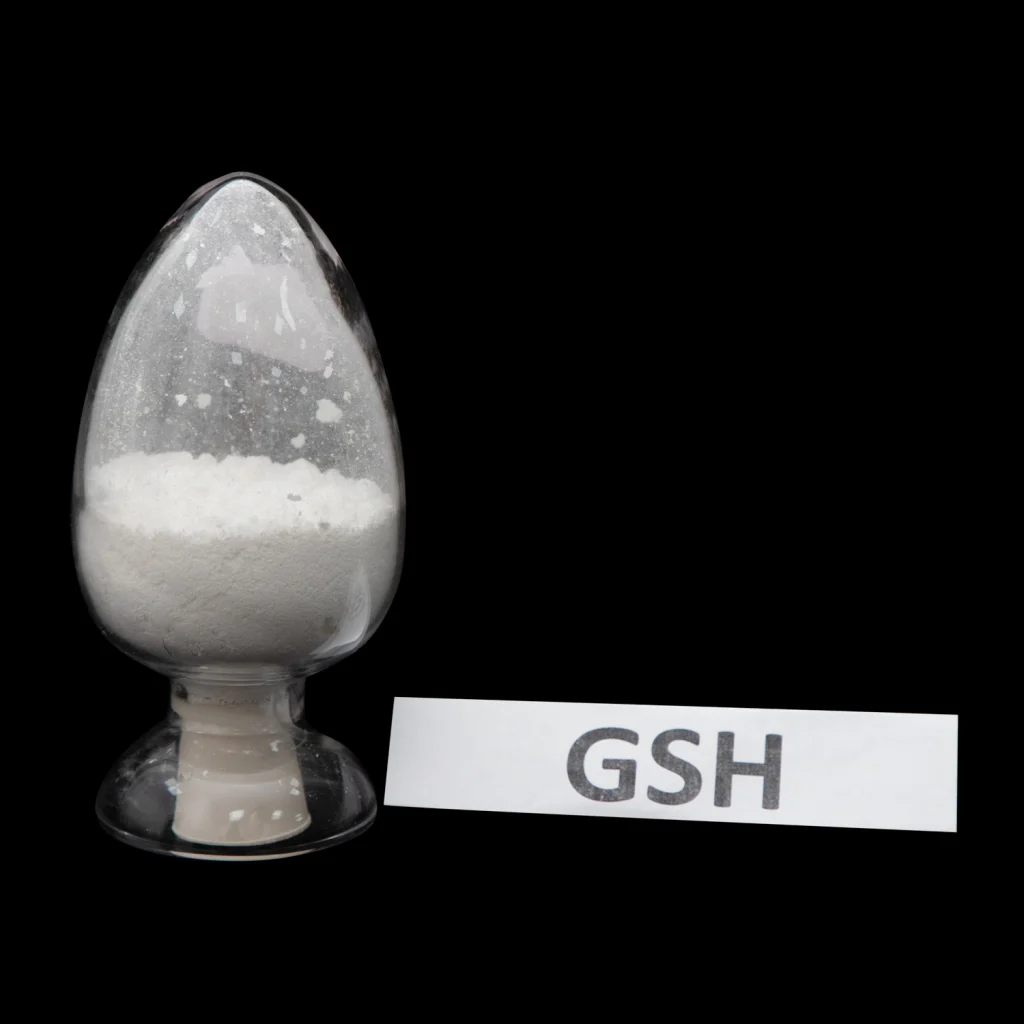
Good nutrition is crucial and usually includes appropriate dietary supplements.
The cancer itself, the anti-cancer treatment, and the nutritional status of the patient all reduce the amount of GSH in the cell.
This greatly weakens antioxidant and immune defenses, making patients more susceptible to other diseases and opportunistic infections.
Wulf Droge found that there are similarities, and that these diseases all have a common cause, namely the depletion of GSH and cysteine.
He and other researchers have tested the possibility that GSH-enhancing therapy could slow or stop this degenerative process.
The ability to improve cell GSH synthesis depends mainly on the intake of cysteine-containing foods.
Foods rich in cysteine, a precursor of GSH, are difficult to obtain and often not well tolerated by patients.
Cysteine is a free amino acid that can digested by the human body, but it cannot directly and effectively increase the content of GSH in human cells.
Drugs such as NAC and OTC can increase the level of GSH, but the effect is not sustainable. These drugs also have little nutritional value. Whey protein has high nutritional value, but lacks bioactive GSH precursors.
The ideal cysteine from the diet should have the following characteristics: natural, nutritious, biologically active, and not denatured.
6. Conclusion
Patients with high levels of intracellular GSH generally do better after cancer treatment and experience fewer side effects from chemotherapy.
In addition, cells with higher GSH content had a greater protective effect against radiation damage, thus mitigating the side effects of radiation therapy.
GSH intensive therapy is a new way to treat and prevent cancer.
The use of GSH enhancers during chemotherapy or radiotherapy expected to a recommended treatment to improve efficacy and reduce the side effects of treatment.
Specially formulated undenatured whey protein isolate (ABD Active Whey Protein Powder) with high bioactive value of protein offers a great advantage while serving as a rich source of glutathione preprecursor.
Can glutathione help with weight loss?
Can glutathione help with weight loss?
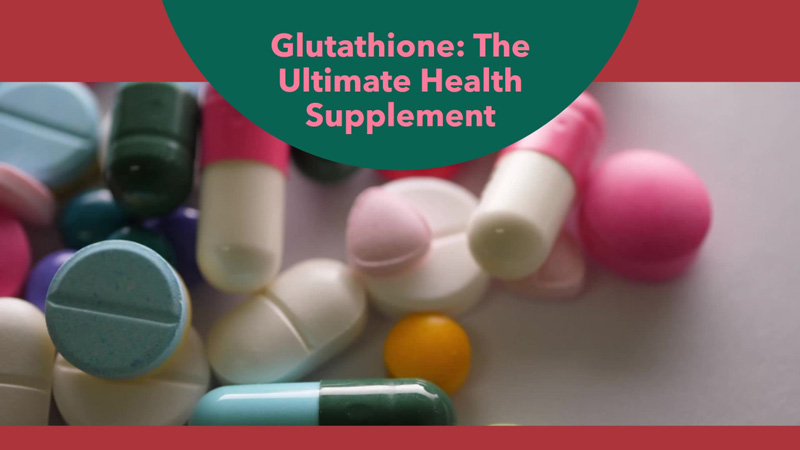
Glutathione can help you whiten your skin, protect your body, speed up your metabolism, make bowel movements smooth, adjust your physique, regulate your physiological function, and have a healthy body to indirectly achieve your ideal body shape.
However, most people sit for 8 hours at work, go home to play video games and watch TV for 6 hours, drink and fry machine, beer and coke, exercise… What is exercise? Can you eat it? Losing weight is always tomorrow!
These perfect and happy life habits the main reason why we get bigger and get squished.
This causes us to start accumulating unnecessary substances, slowing down the body’s metabolism, and fat begins to accumulate! If you want to have a healthy and happy life, you must change your lifestyle and have a normal metabolic function!
This is where glutathione plays an important role, helping to rid the body of stored harmful substances, but also effectively enhance metabolism to maintain functioning.

